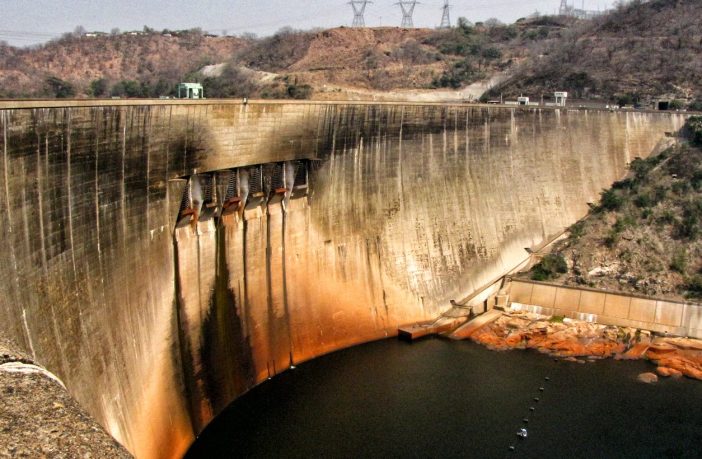- Zambia electricity generation is predominately hydropower managed by the Zambezi River Authority (ZRA) and therefore climate change impacts generation capacity.
- The influence of the El Nino climate phenomenon on the 2023/24 Rainfall Season is having a negative effect on generation capacity.
- Zambia expects a power generation deficit of 700 megawatts this year, the country’s state owned energy utility, ZESCO, said in a statement.
ZRA annually allocates water to both ZESCO and Zimbabwe Power Company (ZPC). Water allocation is dependent on rainfall forecast and actual rains received. Due to forecast of El Nino condition in 2024 the combined water allocation for the 2 utilities is 16 Billion Cubic Meters, compared to 30BCM for the year 2023.
ZESCO’s allocation in Lake Kariba is 8 BCM representing a difference of 7BCM from 2023 allocation.
2024 KNBPS average annual generation from 8BCM allocation is 214MW compared to 386MW for 2023. The reduced power generation at Kariba Complex reduces the overall power generation in the country and the mining sector is under threat. In particular, Zambia’s copper output declined to about 698,000 tons in 2023 from 763,000 tons the prior year, according to the country’s mining chamber.
Zambia’s state-owned electricity utility ZESCO said on Monday it is seeking to import power to avert an energy deficit that could affect output in Africa’s second-largest copper producer.
“We are negotiating additional electricity imports that will be strategically allocated to crucial sectors, including mining, agriculture, and manufacturing to support economic stability and growth,” ZESCO said. It did not give details of how much power it seeks to import.
Zambia recently procured and additional 40MW from Mozambique. Read more
Related news: ZESCO has unsustainable debt of US$3.5 billion
Zambia previously understated their debt and defaulted three years ago on their debt to the EU. They are trying to rework their debt under the G20 Common Framework, a programme designed to ensure swift and smooth debt overhauls for low-income nations. But this initiative recently collapsed. Read more
Author: Bryan Groenendaal
















3 Comments
Good day
I have got solutions, mitigation and other ways and means to prolong the devastation. More than three decades of smart service at Eskom’s Lethabo PS as an Operator and about eight years of research why there’s loadshedding or energy hunger world-wide.
Please give me chance to help, thank you.
Hi Tseko
I hope your solution evolves less carbon emissions. If so contact us gavin@gem.co.za
I see the African government’s are panicking and go back to the old polluters to calm the public. We want to help.
Well articulated. In the face of climate change challenges, what are the long term solutions to the power cuts as loadshedding has increased from 8 hours to 12 hours a day for domestic customers? Should Zambia invest more in renewable source like solar and wind or should it do nuclear?